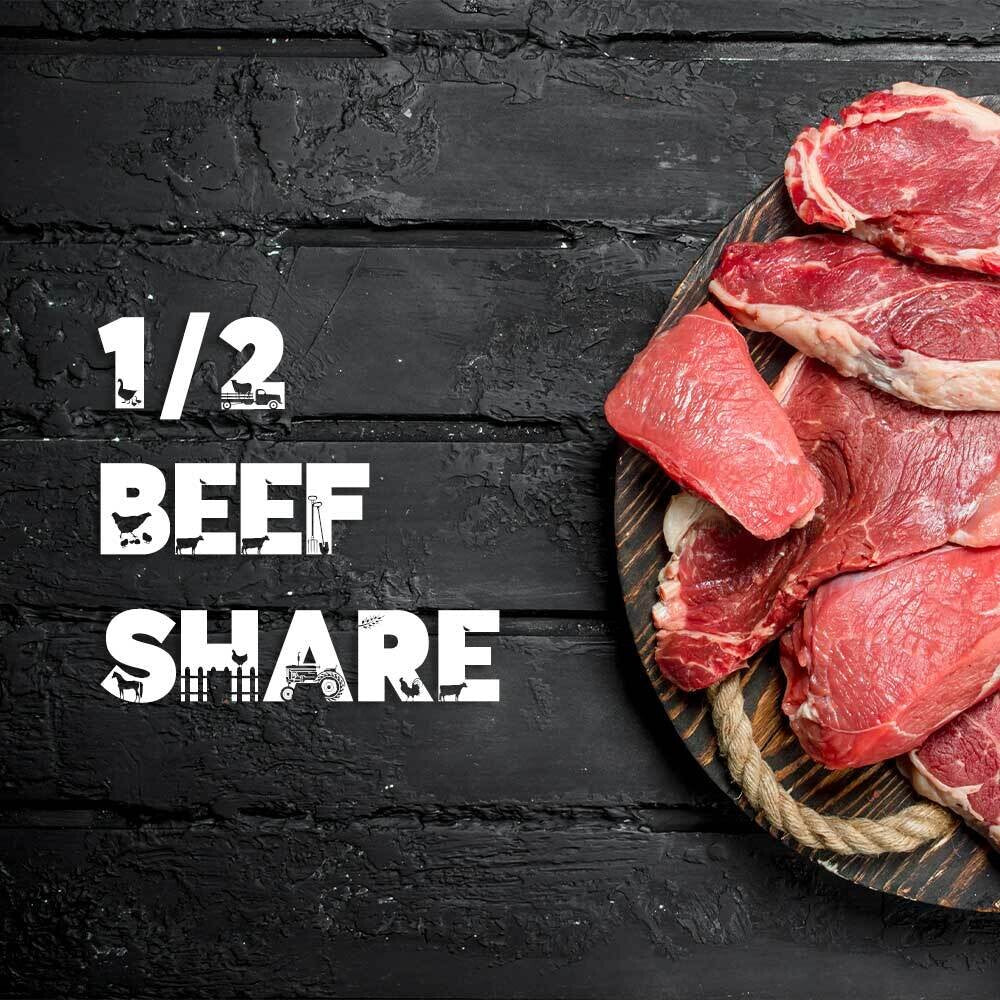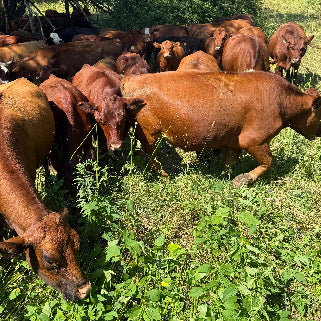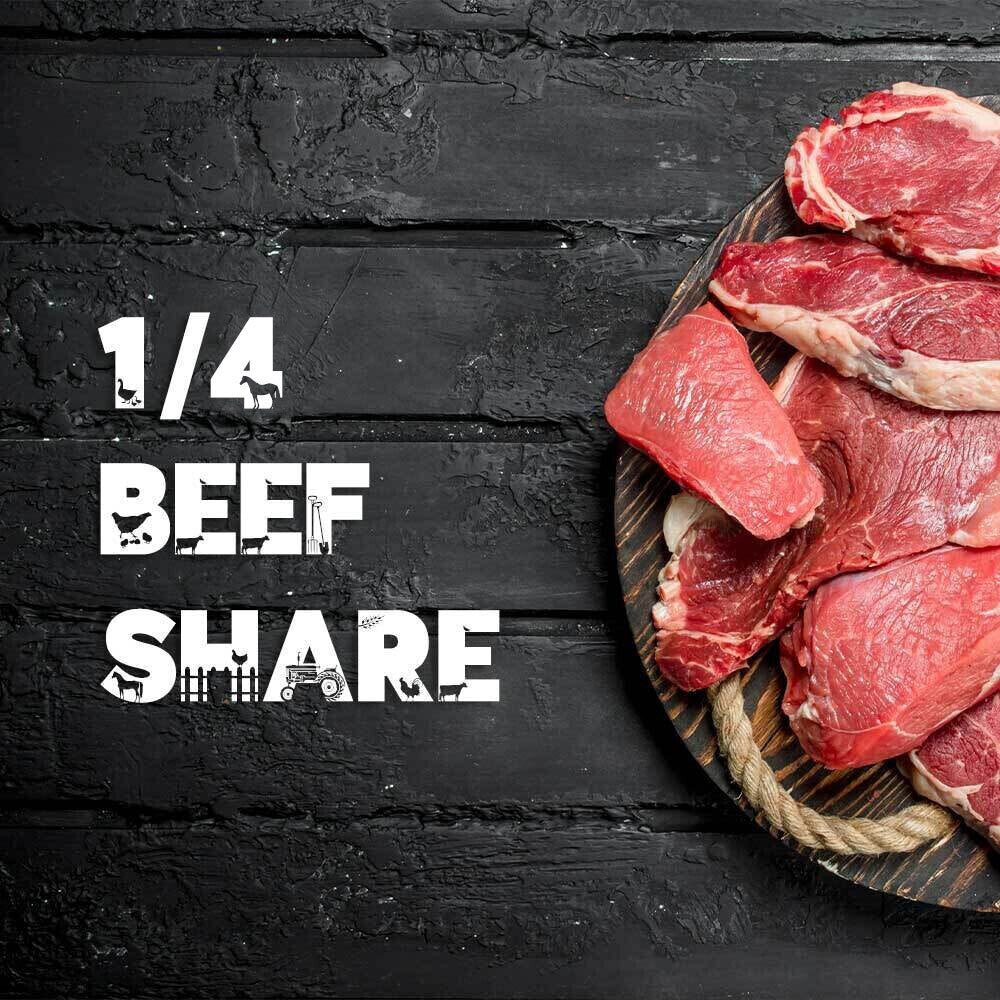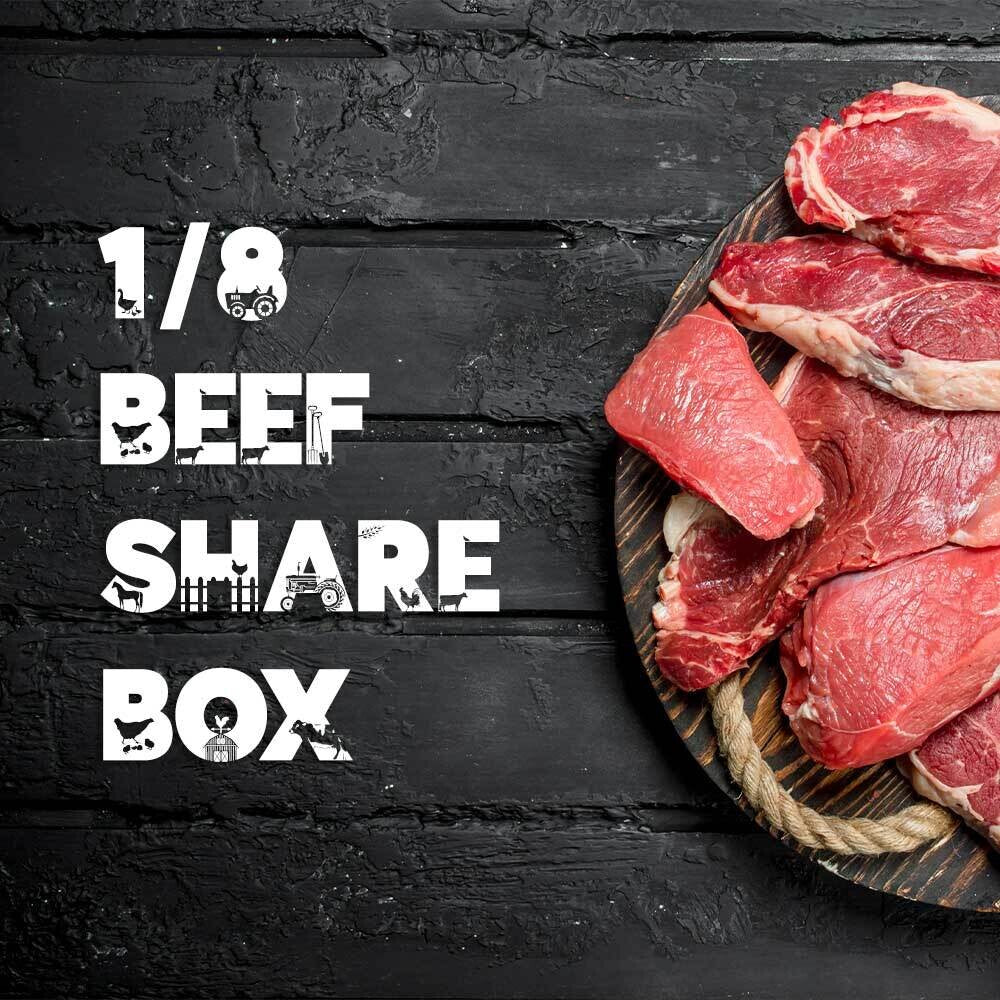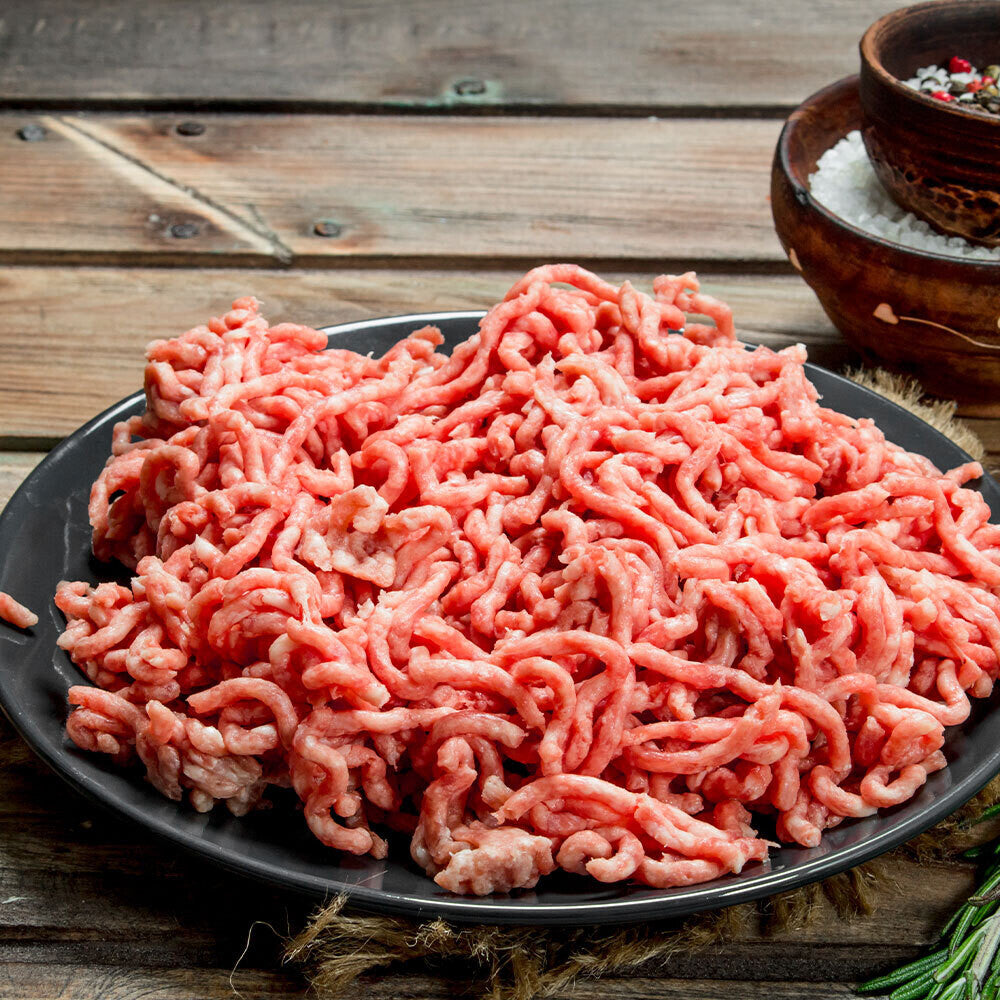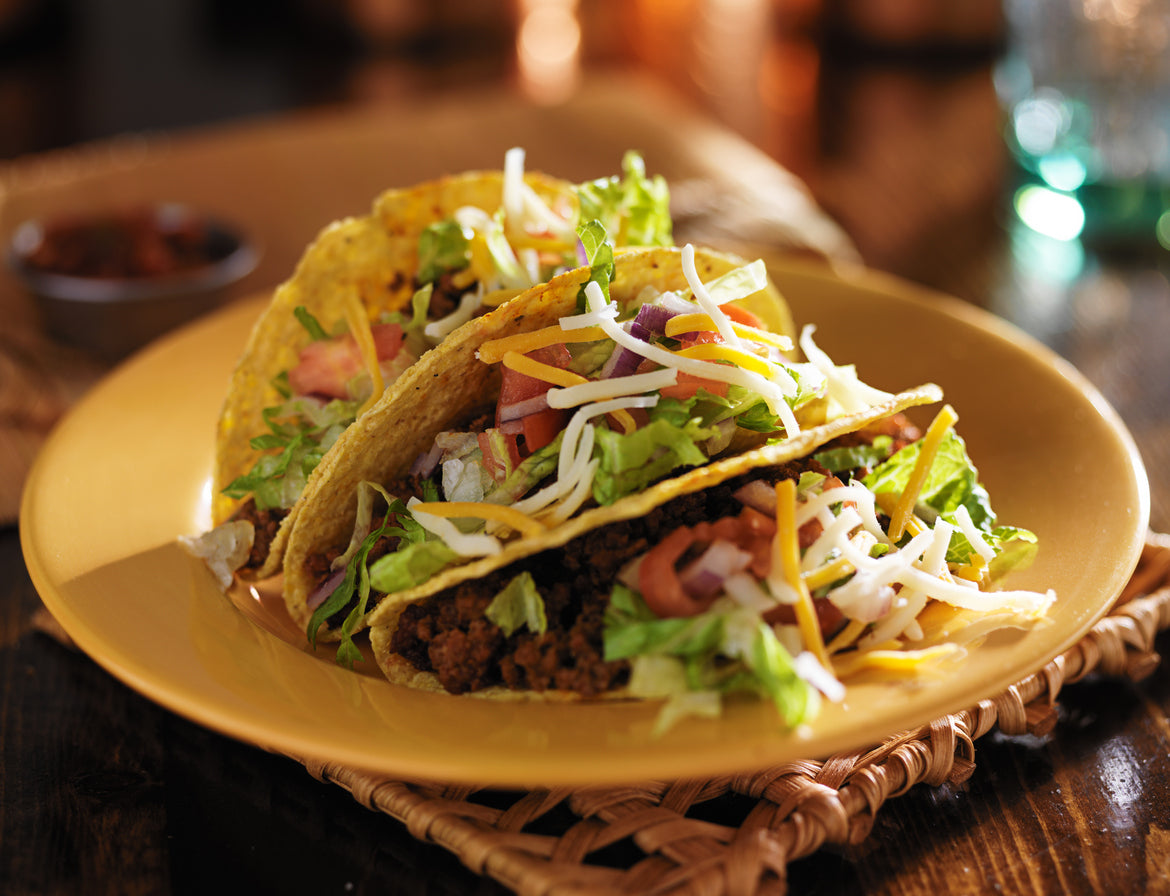
Fresh vs. Frozen Beef: Facts Over Myths
Debunking the Myth: Frozen Beef vs. Fresh Beef
At Tyner Pond Farm, we take pride in providing you with the highest quality regeneratively raised Grass fed beef. Recently, we came across a disappointing post from another farmer perpetuating the myth that fresh beef is superior to frozen beef. This common misconception not only undermines the hard work of many of your local farmers, but also misleads you. In this post, we aim to debunk this myth by presenting evidence that shows frozen beef can be just as good, if not better, than fresh beef.Quality of Frozen Beef
The belief that freezing beef diminishes its quality is not supported by scientific evidence. Multiple studies have shown that the eating quality of beef, including tenderness and juiciness, is not significantly impacted by freezing. For instance, research comparing fresh and frozen beef of equal aging periods found minimal differences in sensory ratings. Interestingly, frozen beef was sometimes more tender. Kansas State University also conducted a study indicating that freezing and thawing beef does not negatively impact the consumer's overall liking of the steak.Perception vs. Reality
Many consumers and chefs prefer fresh beef due to the perception that it is of higher quality. However, blind taste tests often reveal no significant difference between fresh and frozen beef. The perception that fresh beef is superior is not supported by any evidence. Properly frozen beef retains its nutritional value and quality, challenging the misconception that fresh is always better.Advantages of Frozen Beef
- Consistency and Safety: Freezing beef at peak freshness helps preserve its quality, nutritional value, and safety. Freezing, in particular, locks in the health benefits and reduces the risk of contamination. Frozen beef can be stored for longer periods without the risk of spoilage, reducing food waste and making it more convenient for consumers.
- Nutritional Value: One of the most important aspects of beef is its nutrient density. When an animal is slaughtered, or a vegetable is harvested, it immediately begins to lose nutrients. The rate of nutrient loss can vary depending on the conditions under which the meat or produce is stored. For beef, nutrients such as vitamins, minerals, and proteins can degrade over time if not stored properly.
Regenerative Farming Perspective
As a regenerative farm, Tyner Pond Farm often faces the challenge of offering fresh meat year-round without contributing to food waste. Freezing meat is a practical solution that allows us to provide high-quality, nutrient-dense products to our customers throughout the year. Proper freezing practices ensure that the nutritional value of our grass-fed beef and pastured chicken is maintained. Our commitment to sustainable farming means that we prioritize the quality and nutritional value of our products. Freezing our meat at peak freshness allows us to meet your needs without compromising on quality. This approach aligns with our values and ensures that we can offer consistent, high-quality products year-round.What I want to leave you with
The idea that fresh beef is superior to frozen beef is a myth that needs to be debunked. Scientific evidence and practical experience show that both fresh and frozen beef can offer high quality when handled and stored properly. The preference for fresh beef is largely based on perception rather than actual differences in quality. At Tyner Pond Farm, we are committed to providing you with the best possible products. Freezing our meat at peak freshness ensures that we can offer high-quality, nutrient-dense products year-round. We encourage you to feel confident in choosing frozen beef, knowing that it retains its nutritional value and quality. By debunking this myth, we hope to inform and empower you to make choices based on facts rather than misinformation. As always, we remain dedicated to sustainable and regenerative farming practices, providing you with the best meat products possible.
Tags:
Previous post
You Know You Should Be Using Your Cast Iron Skillet More, But You’re Not
Next post









